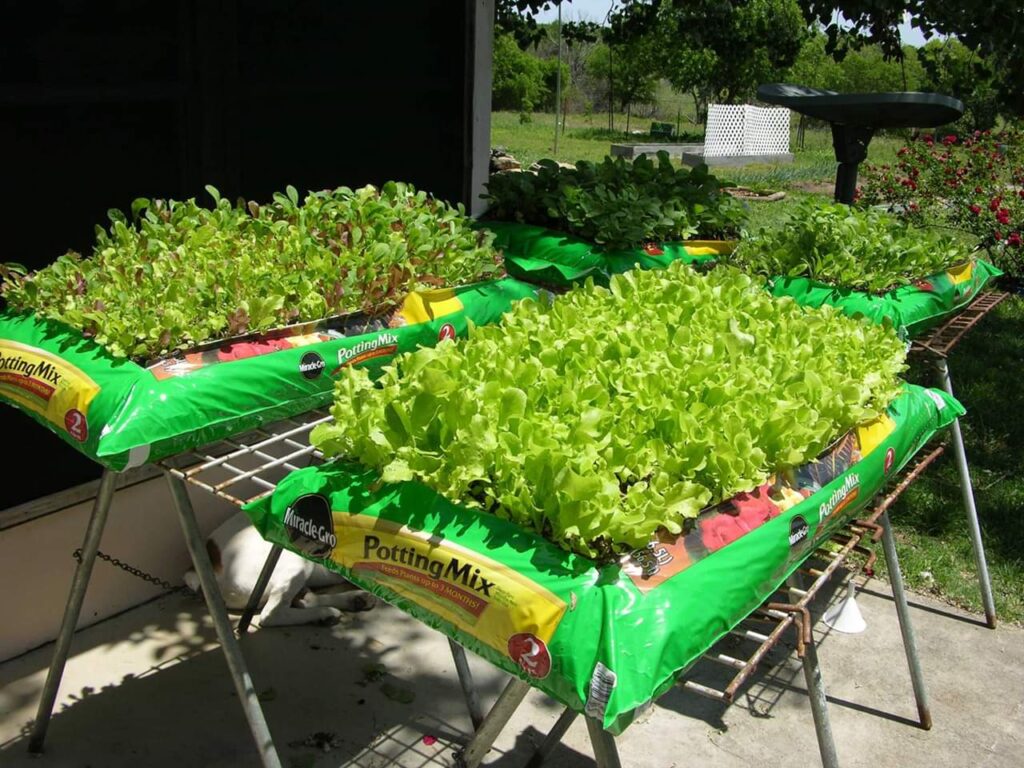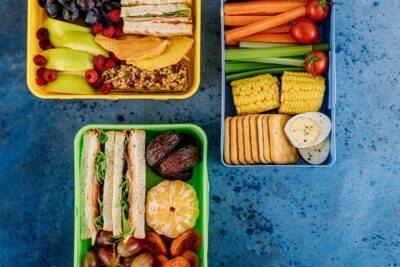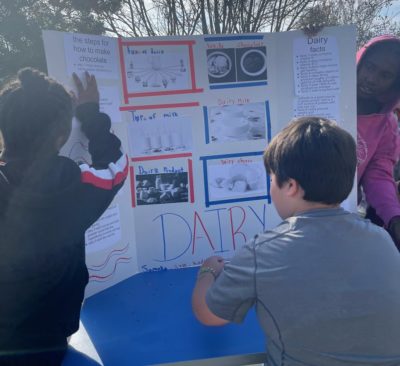
Share this story
- "Anyone 17 and under that wants to come in and eat can,” said Executive Director Tracy Pittman. At The SPOT in Wilson, it is estimated that 200 and 250 students will be fed daily this summer.
- Students in Wilson may not have access to school meals over the summer, but one nonprofit is filling the gap. This summer, @SpotWilson plans to feed between 200 and 250 students daily.
|
|
Students in Wilson may not have access to school meals over the summer, but one nonprofit is filling the gap.
The SPOT provides academic enrichment, social immersion, and health opportunities for kids and families in the county throughout the school year. The organization provides year-round athletic programs, an after-school program, and a free summer camp. This summer, they plan to feed between 200 and 250 students daily.
“Anyone 17 and under that wants to come in and eat can,” said Executive Director Tracy Pittman.
In the summer, most schools do not offer the same food service they have throughout the year. This becomes a challenge for families who rely on these meals.
The SPOT’s free summer camp will begin on June 12, 2023 and end on Aug. 18, 2023. The organization feeds all of its campers free breakfast, lunch, and snacks. They also open their meal services to other students aged 17 or under in Wilson and invite other organizations in town to come eat meals on site.
One nonprofit that benefits from their free meals is The Arc of Wilson, an organization that provides resources for people with intellectual and developmental disabilities and their families throughout the county.
“When you’re hungry, you’re not thinking about anything else. I always tell people, you have to meet people where they’re at. You have to meet kids where they’re at,” Pittman said, “and if they’re hungry, they’re not thinking about exercising. They’re not thinking about academics. They’re not thinking about socializing. They’re thinking about, you know, my stomach’s hungry, and I don’t know when my next real meal is.”
Filling the gap
Some schools in Wilson County are currently participating in the Community Eligibility Provision (CEP), but not all schools. CEP is a school meal funding option that allows schools to provide free meals to all students through the National School Lunch Act. The greater purpose of CEP is to improve access to meals for students in high poverty areas by providing no-cost meals.
In order to qualify for CEP, schools must have at least 40% of students that meet a certain income threshold. In Wilson County, 58% of students meet that income threshold.
Many of these students rely on the food they are receiving at school during the year because of CEP.
“As a parent, knowing I can put them in an environment where they get breakfast and lunch goes a long way. These meals are very, very important to our community,” said Pittman.
How its funded

The SPOT has run its free summer camp since 2010. The camp is funded by a combination of funds from the Summer Food Service Program and the Department of Public Instruction (DPI).
DPI awarded the organization a summer mini grant for 125 students to participate in the camp for free, which is how they are able to offer the free camp to the majority of participants. There are some campers that pay to participate in the camp.
The Summer Food Service Program is what makes the free summer meals at the camp possible. The program is federally funded and exists to provide free meals to children in low-income areas through eligible organizations in the summer. The USDA reimburses the organizations for the meals they provide on campus.
“Nutrition goes a long way,” said Pittman.
The campers have several favorites in terms of meals served. According to Pittman, chili dogs are popular. They love chicken tenders. They love cucumbers with ranch, but there has to be ranch. Taco Tuesday is another favorite, and PB&J day, too — there is a strong preference for the uncrustable PB&Js.
The meals have nutrition requirements that are outlined by the U.S. Department of Agriculture. These requirements are called meal patterns, and organizations must follow them in order to be reimbursed. Breakfast must include one milk, one fruit/vegetable, and one grain/bread. Lunch must include one milk, two fruits/vegetables, one grain/bread and one meat. Snacks have to have at least two of the following: one milk, one fruit/vegetable, one grain/bread, and one meat.
Bringing it home
The SPOT also supports food security through nutrition education programming. The organization has a hydroponic greenhouse and garden on campus, and they teach students how their meals come together, from the seed to the kitchen. They grow corn, bell peppers, watermelon, and more.
The goal is for students to take what they learn in the garden and bring that information home with them for their families.
The nutrition programming became increasingly critical during the COVID-19 pandemic. See CEO Matt Edwards explain more in the video below.
To learn more about the free summer camp and meal program, visit The Spot’s website.





